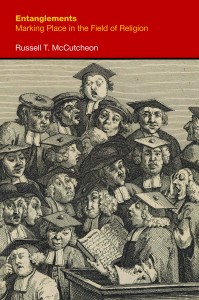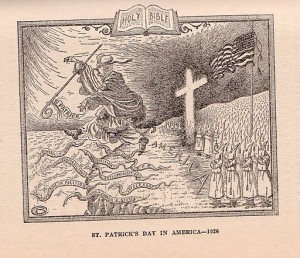 Entanglements: Marking Place in the Field of Religion
Entanglements: Marking Place in the Field of Religion
You’ve contributed much to the discourse on theory and method in the academic study of religion over the years – can you take us behind the scenes with “why” this book now, and to what sorts of questions and/or critiques in the field you’re responding to in your push to show the manner in which the “academic” study of religion rightfully constitutes primary research on “real” religions?
For whatever reason, over the years some of my work has prompted replies from other scholars—sometimes substantive, sometimes dismissive or, on occasion, even angry. So I’ve had the luxury of writing responses or rejoinders on a number of occasions, but I’ve never done anything with these pieces—not that I ought to, but they tend to represent a part of the field that, I think, often goes unnoticed. For a variety of reasons I’ve turned into an essayist and I tend to gather up pieces periodically and then publish them as a collection—a genre I certainly didn’t invent and one that is not so distinct from a monograph as some might wish to think—and so the idea of collecting these responses, and then writing new introductions to each, contextualizing the occasion etc., seeing it all as an example of scholarly discourse at work, rather than a finished product, occurred to me about a year or so ago. Continue reading ““New Books on the Edge” with Russell T. McCutcheon”

